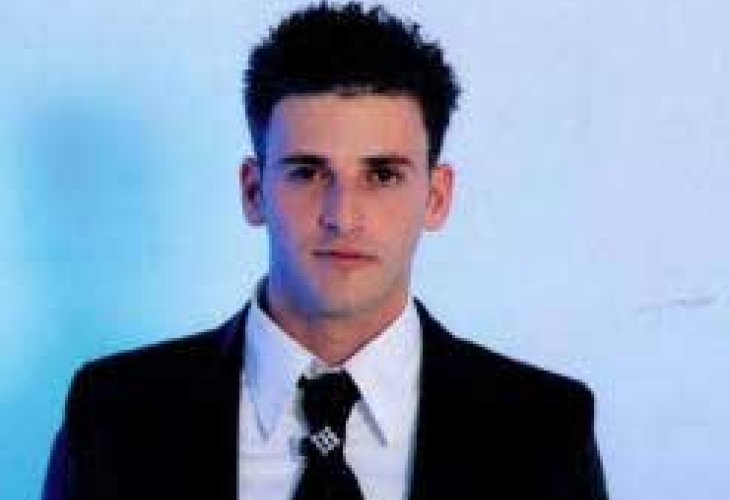Shabbat
“Simply Being”: One Man’s Soulful Shabbat in the Judean Hills
How Shabbat became a time of inner stillness and connection for Israeli singer Yoni Genut

Torah, Prayer, and a Stroll to the Playground
What’s your Shabbat schedule like?
“Half for Hashem, half for us, that's the balance. Between synagogue and meals, I’m mostly immersed in the weekly Torah portion. First I complete shnayim mikra ve’echad targum (the traditional practice of reading the Torah portion twice with translation), then I study a weekly lecture I receive from the yeshiva I once attended. I gravitate toward Chassidic teachings, especially Sfat Emet and Mei HaShiloach. If there’s time left, I catch up on the Daf Yomi (daily folio of Talmud) and maybe take a walk to visit friends in the moshav or just to the playground with the kids.”
Where do you pray on Shabbat?
“I live in Moshav Tarum in the Judean Hills. Originally a Yemenite moshav, I used to daven at either the Yemenite or Sephardic minyanim. But in recent years the community expanded, and now I’m part of a younger Ashkenazi minyan.”
The Soundtrack of Shabbat
What’s your favorite Shabbat song?
“There are so many. Some I remember from my grandfather Ze’ev, of blessed memory and I’ve since discovered he likely came from a Vizhnitz background. I love ‘P’rok Yat Anakh’ (from Kah Ribbon) and a heartfelt version of ‘Tzur Mishelo.’ A few classics too: ‘Mah Yedidut,’ ‘Menucha VeSimcha.’ I’ve even composed a few of my own tunes for Kah Ribbon, Dror Yikra (not released yet…), and Kel Adon, which I’m happy to say has become somewhat familiar.”
Shabbat with a King and My Grandfather
Who would you want to host or be hosted by for Shabbat?
“To be hosted? I’d love just one more Shabbat with my late grandfather. To host? King David… We host often, and we love sharing our home and the blessings Hashem has given us with others. Honestly, it would be amazing to do a Shabbat with a bunch of musicians from all walks of life together. Maybe you should make that happen!” (laughs)
What makes your Shabbat different from the rest of the week?
“There’s more desire to eat, to learn, even to sleep. A sense of fullness. You don’t need to fill the time, it’s already full. You can just be, and be simply. You’re uplifted into a space where you’re deeply connected to yourself, but from a more whole and elevated place than the weekday version of you. Suddenly there’s space, time, and openness to connect with the people around you. And you begin to see that what we’re all going through, somehow, it all seems to be interwoven. That’s why Shabbat is a time of unity.”
What’s the first thing you do after Shabbat ends?
“I wash the dishes!"

